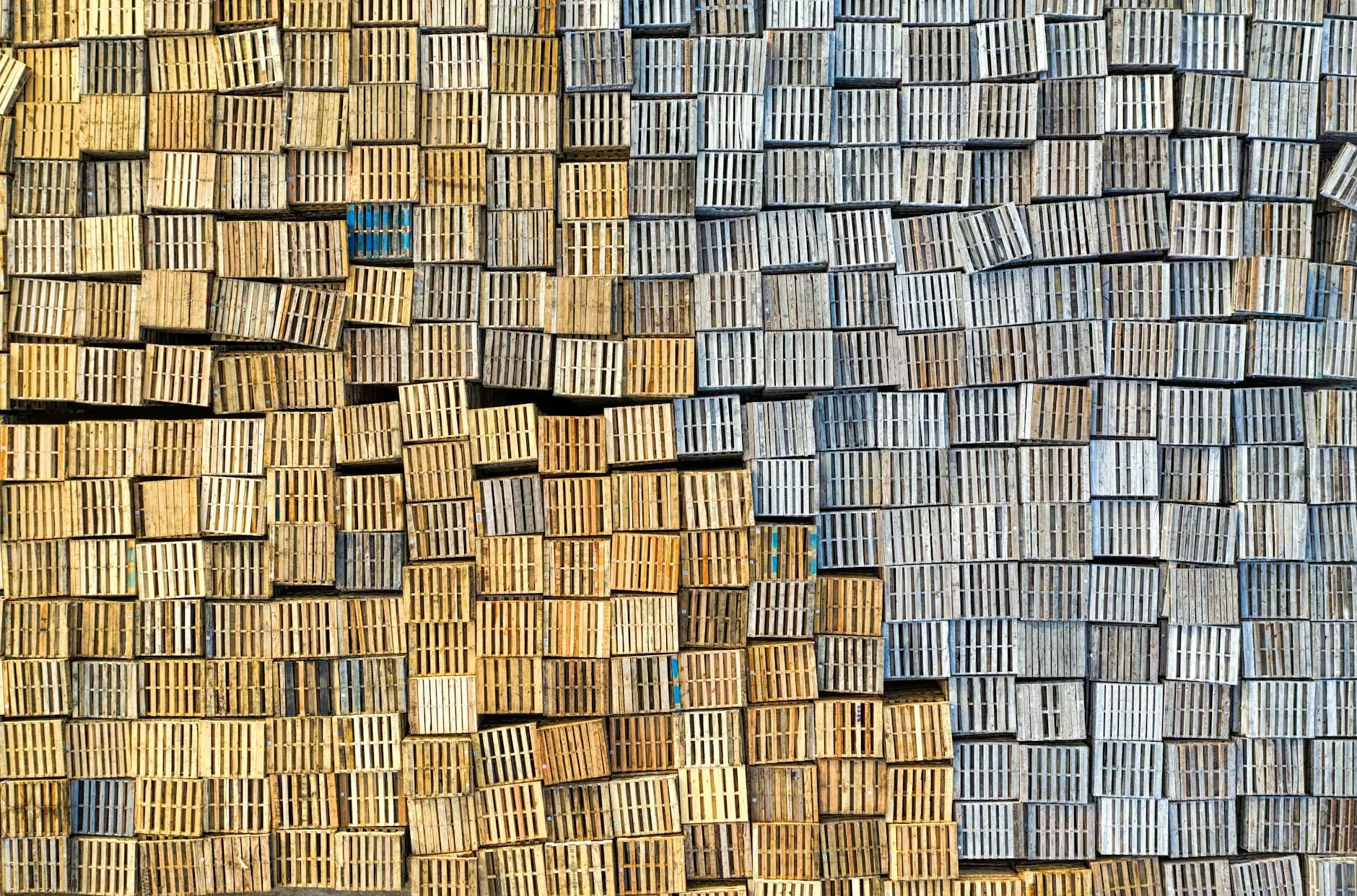The Ultimate Guide to Plywood Hardwood for Business Success

Introduction to Plywood Hardwood
In the realm of timber products, the term plywood hardwood stands out as a remarkable material known for its durability, versatility, and aesthetic appeal. For businesses engaged in construction, furniture making, or interior design, understanding plywood hardwood is essential for leveraging its benefits to enhance product offerings and operational efficiency.
What is Plywood Hardwood?
Plywood hardwood is made by gluing together thin layers of wood veneers, known as plies, to create a strong and stable panel. The layers' alternating grain direction contributes to its strength and flexibility, making it a preferred choice for various applications. Unlike softwood plywood, hardwood plywood is typically crafted from species like oak, maple, or birch, which adds to its resilience and visual appeal.
Key Benefits of Plywood Hardwood
Choosing plywood hardwood for your business offers numerous advantages. Here are some of the notable benefits:
- Durability: Plywood hardwood can withstand loads and impacts, making it an ideal choice for high-traffic areas.
- Versatility: It can be used for flooring, cabinetry, furniture, and more, catering to diverse business needs.
- Aesthetic Quality: Its natural wood finish adds elegance and warmth, enhancing the overall look of your products.
- Cost-Effectiveness: Plywood hardwood is often more affordable than solid hardwood, providing a budget-friendly alternative without compromising quality.
- Sustainability: When sourced responsibly, plywood hardwood can be an eco-friendly choice, promoting sustainable forestry practices.
Applications of Plywood Hardwood in Business
The applications of plywood hardwood span various industries, demonstrating its adaptability:
1. Furniture Manufacturing
In the furniture industry, plywood hardwood is a popular choice for creating sturdy yet elegant pieces, such as chairs, tables, and cabinets. Its ability to be shaped, stained, and finished allows for a wide range of design expressions.
2. Interior Design and Decor
Designers frequently use plywood hardwood for paneling, shelving, and other decorative elements that require both strength and beauty. Its stylish appeal makes it a favored material in residential and commercial settings.
3. Construction
In construction, plywood hardwood is used in both structural and non-structural applications. It can serve as temporary support, formwork, or as part of the finishing process, achieving a sophisticated look while maintaining structural integrity.
Why Choose a Reliable Timber Supplier for Plywood Hardwood?
Partnering with a trustworthy wood supplier is crucial for any business utilizing plywood hardwood. Here’s why:
- Quality Assurance: Reliable suppliers conduct rigorous quality checks to ensure that the plywood hardwood meets industry standards.
- Variety of Choices: A good timber merchant offers a range of options in terms of wood species, thickness, and finishes, allowing businesses to find the perfect match for their needs.
- Sustainability Practices: Sustainable suppliers are committed to environmentally friendly practices, ensuring that the wood is sourced responsibly.
- Customer Support: Experienced suppliers provide valuable advice and support to help businesses make informed purchasing decisions.
Choosing the Right Plywood Hardwood
When selecting plywood hardwood for your business, consider the following factors:
- Grade: The grade of plywood hardwood impacts its appearance and intended use. Higher grades are suitable for visible applications, while lower grades may suffice for structural purposes.
- Wood Species: Different wood species offer varying characteristics. Choose a species that aligns with your aesthetic and functional requirements.
- Thickness: The thickness of the plywood hardwood affects its strength and application. Determine the appropriate thickness based on the specific project needs.
- Finishing Options: Consider the finishing treatments available, such as stains and sealants, that can enhance the beauty and longevity of the plywood hardwood.
Maintenance and Care for Plywood Hardwood
Proper care and maintenance are vital for prolonging the life of plywood hardwood. Here are some tips:
- Cleaning: Regularly dust and wipe surfaces with a damp cloth to prevent dirt accumulation.
- Avoid Excess Moisture: Keep plywood hardwood away from excessive moisture, as it can warp or degrade. Use coasters and mats under items that may hold water.
- Periodic Treatments: Consider applying wood oils or finishes periodically to enhance protection and maintain appearance.
- Prompt Repairs: Address any scratches or damages immediately to prevent further deterioration.
Conclusion
In conclusion, plywood hardwood is not just a building material but a significant asset for businesses aiming to deliver quality and sophistication in their products. By understanding its benefits, applications, and the importance of partnering with reputable timber merchants, businesses can harness the full potential of plywood hardwood. As you move forward with your timber needs, consider your suppliers carefully, focusing on quality, sustainability, and customer service. Investing in the right materials will set your business on the path to success and innovation.
Explore More at VP Timber Trading SIA
To discover a wide variety of high-quality plywood hardwood and other timber products, explore the offerings at VP Timber Trading SIA. With a commitment to excellence and sustainability, we are your trusted partner in timber supply.







